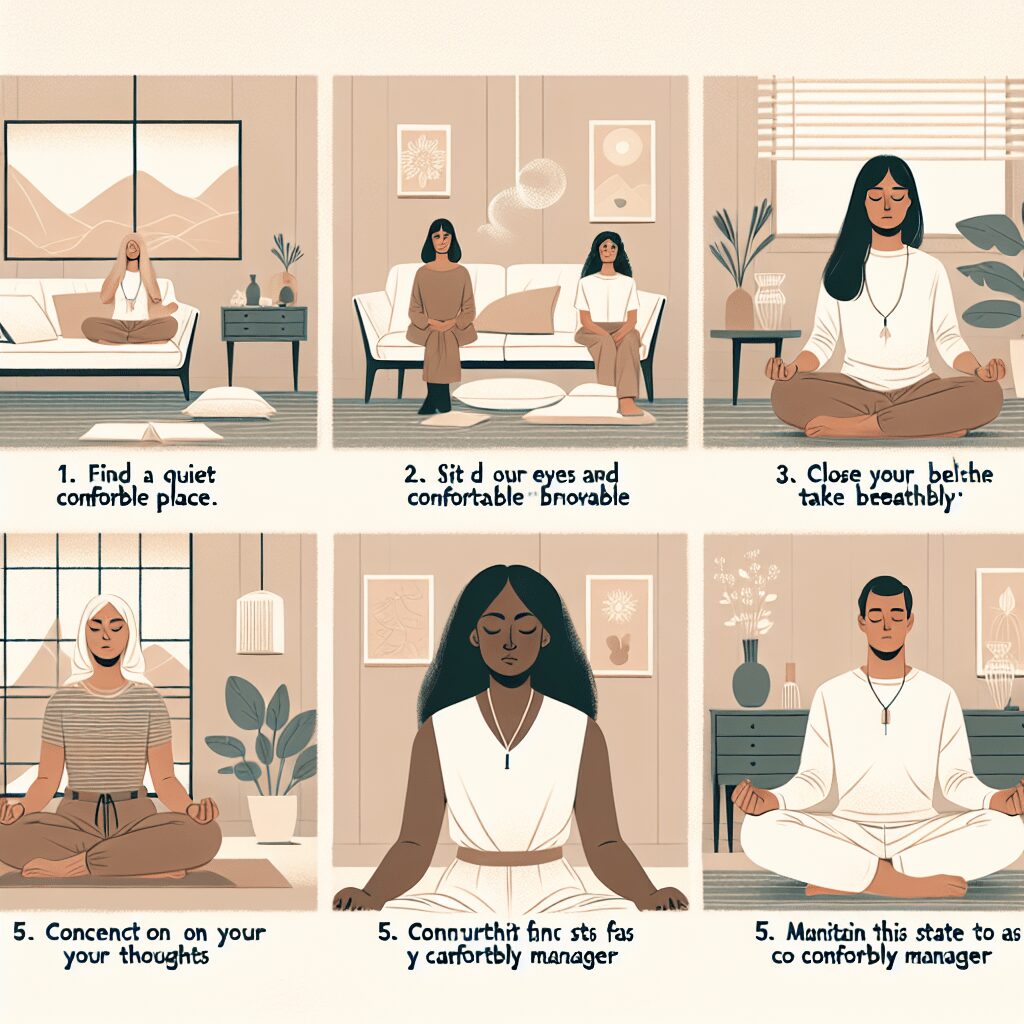
Prioritize your mental well-being daily. Enhance your life by nurturing your mental health with the Smart Meditation app. Break free from stress, alleviate anxiety, and enhance your sleep quality starting today.
What Is Transient Performance Anxiety?
Unraveling the Mystery of Transient Performance Anxiety
In the whirlwind of our modern lives, it’s not uncommon to encounter the beast known as performance anxiety, yet not all anxieties are created equal. Picture this scenario: you’re about to step onto a stage, the spotlight’s glare fixed on you, and despite your usual confidence, your heart races, your palms sweat, and your mind races. This isn’t your typical day-to-day nervousness; you’ve just been introduced to its fleeting cousin, transient performance anxiety (TPA). But what exactly is this phenomenon that seems to jump out of nowhere, and more importantly, how can we show it the exit door when it overstays its welcome?
The Lowdown on Transient Performance Anxiety
At its core, transient performance anxiety is exactly what it sounds like—a temporary bout of anxiety that occurs right before or during a performance situation. Unlike its more persistent counterpart, general anxiety disorder, TPA is like a fleeting shadow, appearing in the moments when you’re about to perform or present, regardless of the setting. It could be the lead-up to a crucial presentation at work, the first few minutes of an important sports match, or even those nerve-wracking moments before a first date.
Symptoms often include: Rapid heartbeat Sweaty palms Shaky hands or voice Dry mouth or throat Racing thoughts
Tackling the Beast Head-on
So, you’ve had a close encounter with TPA. Now what? It’s all well and good to name the monster, but it’s quite another to tame it. Here are a few strategies that can help you send TPA packing:
-
Preparation is King: Often, the fear of underperforming is at the heart of TPA. The antidote? Overprepare. Knowing your material backwards and forwards can give you that extra boost of confidence needed to keep anxiety at bay.
-
Deep Breathing: Yes, it might sound like something your yoga-instructor friend keeps harping on about, but there’s solid science behind the benefits of deep breathing. It can help slow your heart rate and calm your mind, acting as a natural tranquilizer for the nervous system.
-
Visualize Success: Instead of letting your mind spiral into a frenzy of ‘what ifs,’ try to visualize a positive outcome. By envisioning success, you’re mentally rehearsing the feeling of performing well, which can help reduce anxiety.
-
Embrace the Butterflies: Instead of fighting the nervous energy, try to reframe it. Those butterflies aren’t signs of impending doom; they’re a signal that what you’re doing matters to you. Channel that energy into your performance rather than letting it paralyze you.
-
Seek Support: Sometimes, a little pep talk can go a long way. Don’t be afraid to reach out to friends, family, or even professionals if TPA is becoming a persistent issue. Sometimes, just knowing you’re not alone in your struggle can alleviate a substantial chunk of anxiety.
Let’s Talk Takeaway
Transient performance anxiety is a relatively common experience, affecting individuals across the spectrum of age, profession, and background. The key takeaway here isn’t that TPA must be eradicated at all costs; rather, it’s understanding that it’s a natural response to stressful situations and, more importantly, that it’s manageable. By employing the right strategies, you can reduce its impact on your performance, turning those moments of fear into opportunities for growth and success. So, the next time TPA decides to show up uninvited, you’ll be ready to meet it head-on, armed with the tools and confidence to rise above it.





